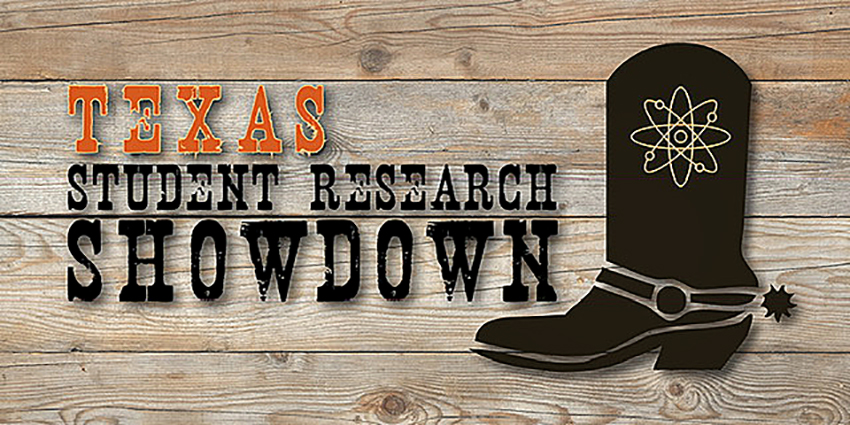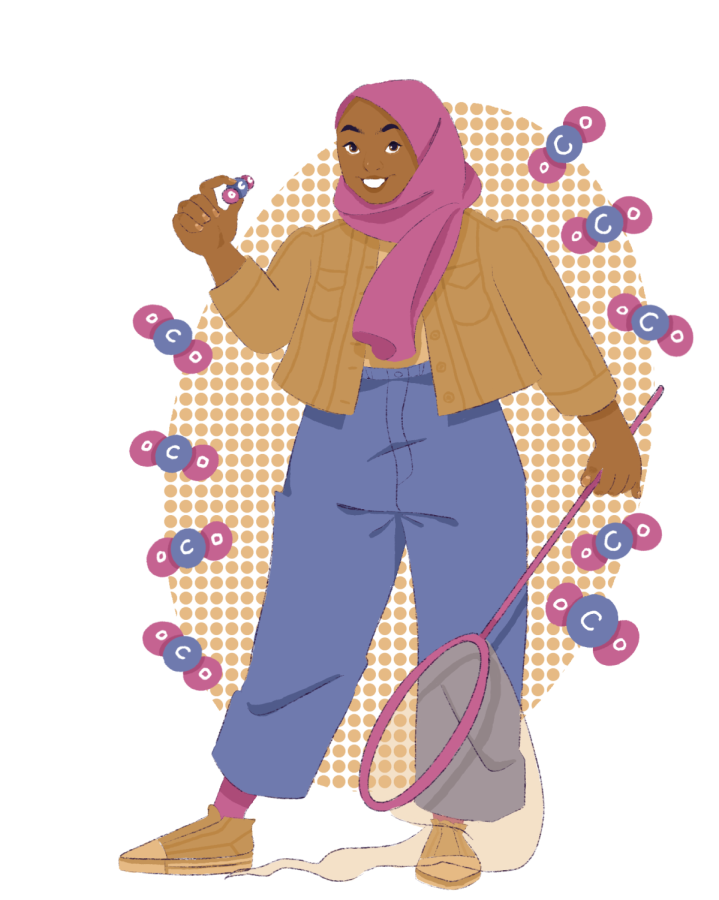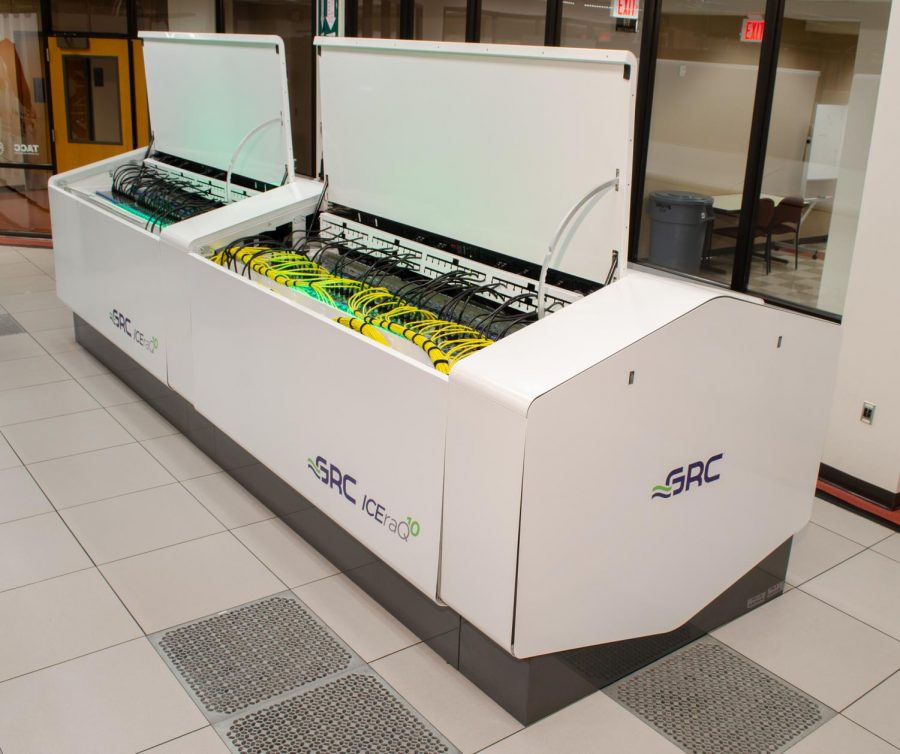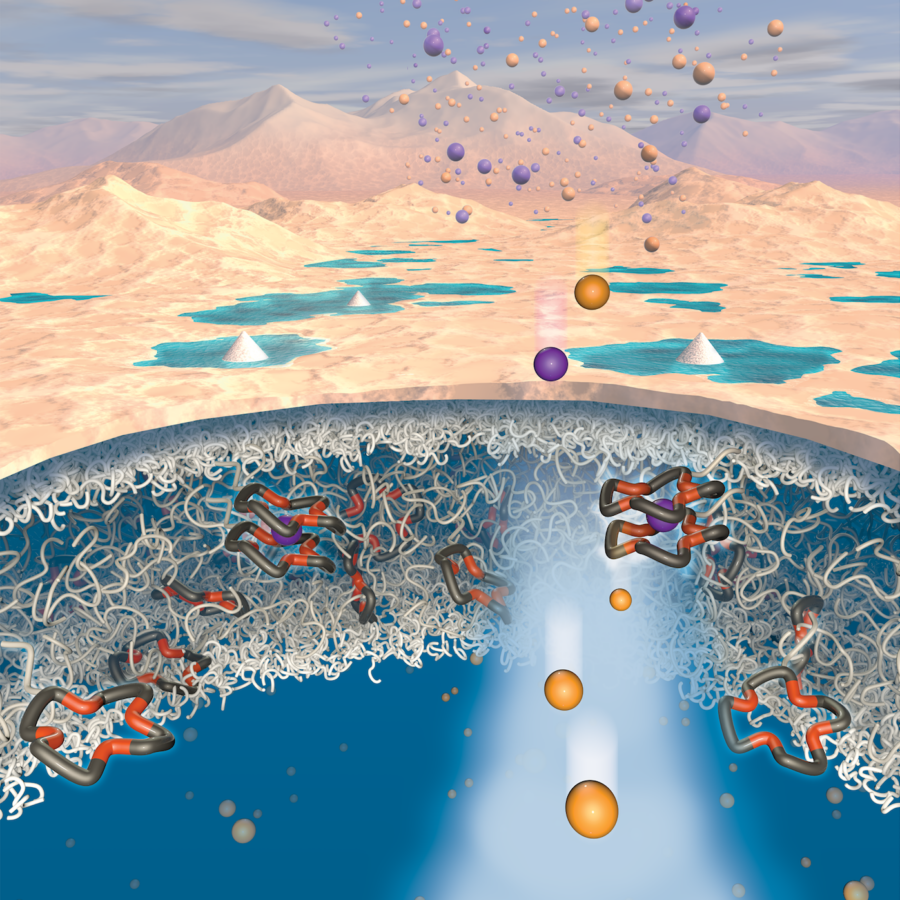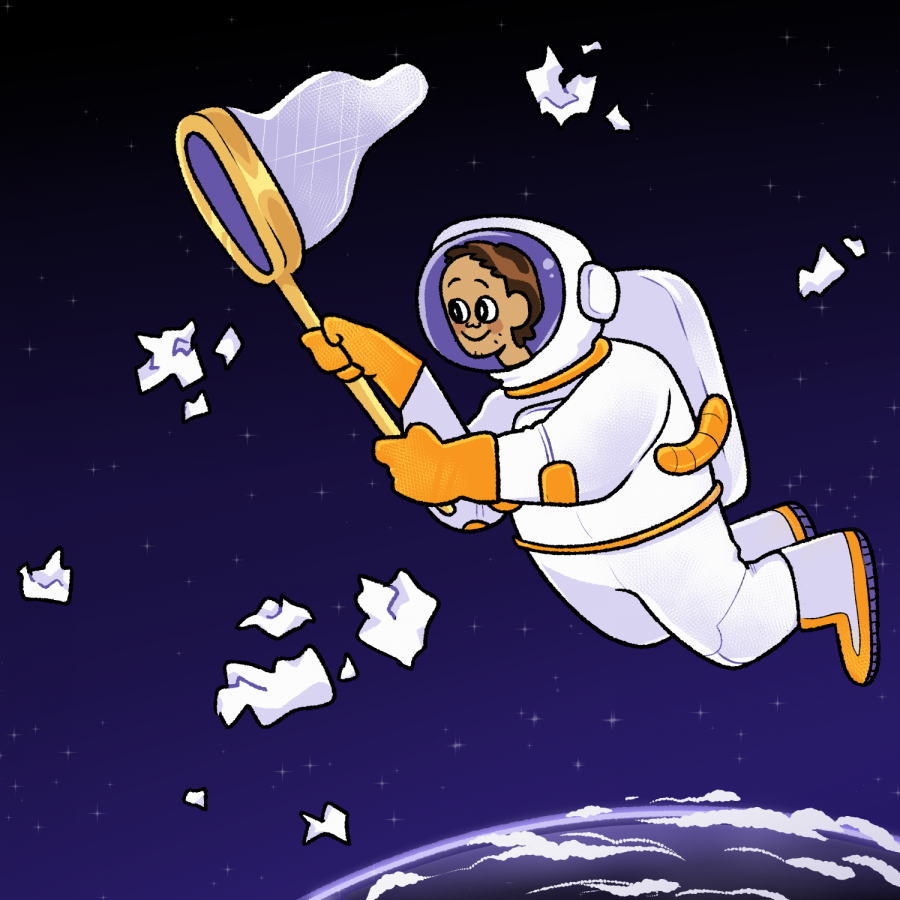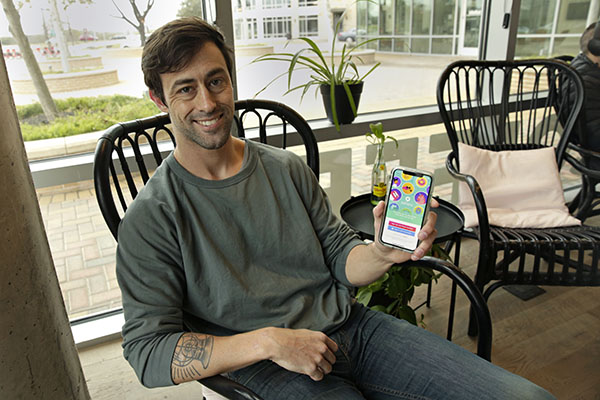Student researchers can win up to $2,500 by creating a two-minute long video about their research. The Office of Undergraduate Research is hosting the annual Texas Student Research Showdown, a video competition for undergraduate researchers to highlight their work.
Students have until Nov. 9 at 11:59 pm to cast a vote for their favorite videos. The winners will be announced Nov. 13 and are voted on by students and judged by a faculty panel.
The purpose of the competition is to promote creativity and presentation skills in student researchers, said Robert Reichle, senior research program coordinator.
“We created the Texas Student Research Showdown to give students practice in communicating their research and creativity to a general audience,” Reichle said. “Most career researchers will have a moment where they must convince nonexperts of the value of their work, and we wanted to give undergraduate researchers experience and support in doing this for the first time.”
Physics junior Zoe de Beurs said the competition forces participants to practice a very valuable skill.
“One of my favorite quotes is ‘If you can’t explain it to a six year old, you don’t understand it yourself,’” de Beurs said. “The ability to explain your research to any stranger on the street advances your own understanding, and at the same time allows you to share an excitement for science. Part of being a great researcher means to be a communicator and advocate for the advancement of science.”
De Beurs’ video highlights her work on the detection of the most energetic particles known to exist in the universe. This summer she worked at the University of Chicago to help build an instrument that could significantly enhance the detection rate of these particles. She said studying these particles provides insight into some of the most extreme and mysterious environments in the universe.
The competition can also help researchers consider different audiences for their work, said mathematics senior Isabel Cachola, who created her video to look into how demographics affect the way people curse online. Her work explores how people can leverage vulgarity to improve modeling tasks, such as hate speech detection.
Cachola said making the video provided new challenges that were unique to the format of the competition.
“I’ve presented my research at poster sessions and talks before, but creating a video was a new experience for me,” Cachola said. “Usually I have an idea of the background of the people I’m speaking to, but these are assumptions that I cannot make in a video.”
For business freshman Jason Ancheta, another challenge was ensuring the video met the time limit.
“This was my first time having to synthesize information and condense this much research into a two minute video presentation,” Ancheta said. “It’s easy to get caught up in jargon and technicality, so it was important to find the best way to make my information digestible for the layperson to understand.”
Ancheta’s video examines how individuals associate with others in a group in order to gauge how open they are to changes in their environment or social setting.
The videos can be found on the Office of Undergraduate Research website.
“We want as big an audience as possible to know about the compelling student research taking place at UT,” Reichle said. “I hope all the participants get a new perspective on what makes a research story ‘click’ with nonexperts. Whether it’s through visuals or crafting a compelling narrative, they’re learning techniques for getting people to understand the value of their work.”



